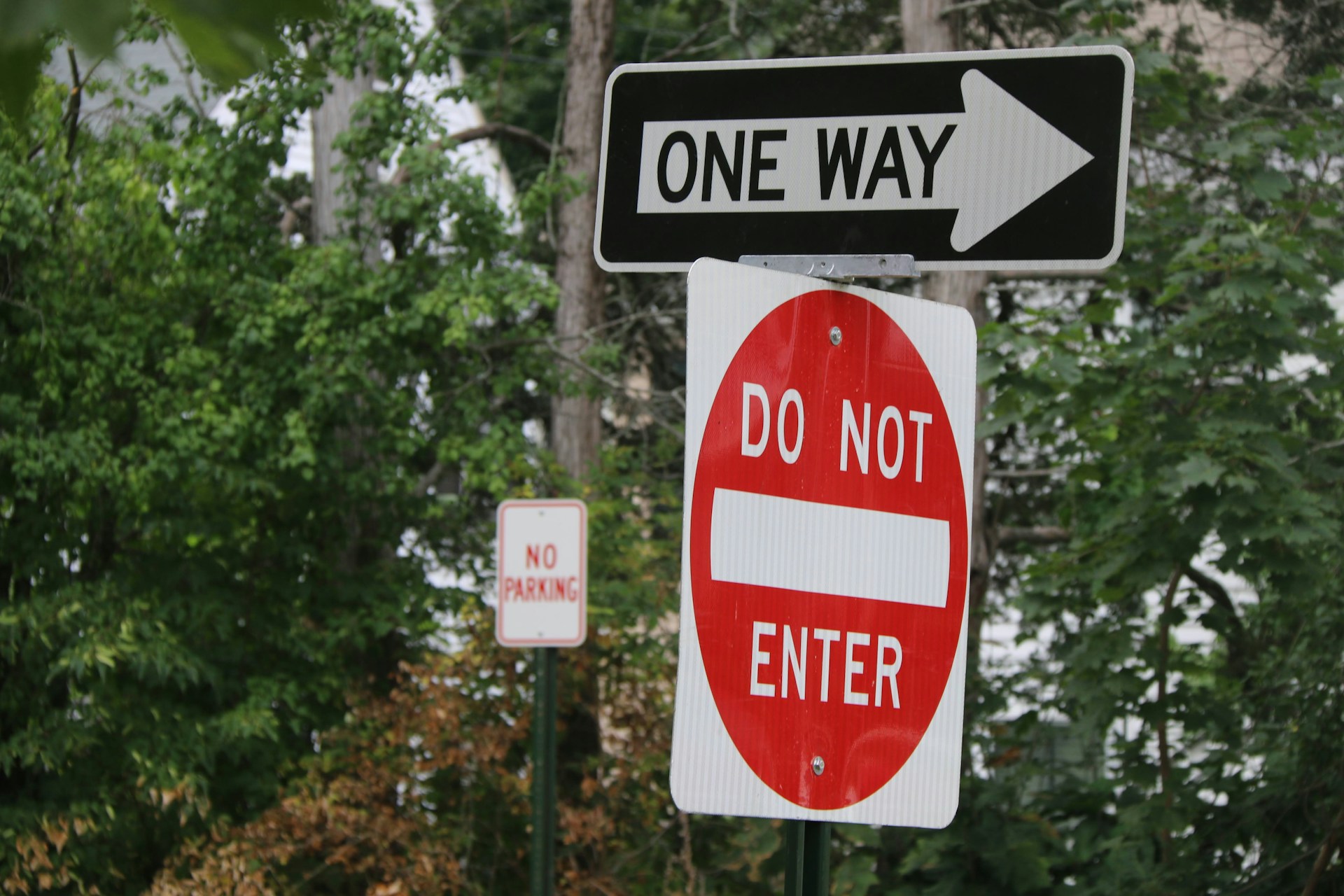Many see suppressors as tools of hearing protection and safety, others associate them with stealth and threat. This divide didn’t just appear — it was shaped by decades of cultural unease, cinematic influence, and shifting policies. But who gets to access these devices? And more importantly, who doesn’t — and why?
To answer that, we must move past the legal statutes and into the silent rooms where decisions are made — not only in courtrooms, but in the minds of voters.
Historical Echoes: How Suppressors Became Politicized
The 1930s Shift: When Tools Became Symbols
In the early 20th century, suppressors were promoted as useful tools for minimizing recoil and safeguarding hearing. Introduced during a time of organized crime and public fear, the act didn’t target suppressors for their function but for what they represented in a fear-driven media landscape.
Suppressors became symbolically linked to gangsters in alleys, despite being rarely used in actual crime. This symbolic weight still affects how society perceives suppressor ownership today.
The Media’s Role in Drawing Invisible Lines
Hollywood added fuel to the fire. Countless spy thrillers and noir dramas framed suppressors as tools of assassins and secrecy. Reality was left behind in favor of suspense. As the image solidified in pop culture, political will followed, leading to tighter restrictions based on perception, not practical misuse.
Suppressors became more than devices; they became metaphors.
The Question of Disqualification: Who Is Considered ‘Unfit’?
Defining Disqualification Beyond Law Books
When asking what disqualifies you from owning a suppressor, many assume a straightforward list. But disqualification isn’t just legal — it’s social. It reflects a nation’s fears, its beliefs about safety, and its willingness to forgive or condemn.
While legal disqualifiers do exist — such as felony convictions or mental health adjudications — the deeper question is how those categories came to be, and who they tend to affect.
Criminal History and the Stigma of Silence
A felony charge, regardless of time passed or rehabilitation, often shuts the door to suppressor ownership. This rigid boundary doesn’t just serve a legal purpose — it signals society’s hesitance to trust silence in the hands of those once punished. In many cases, these boundaries reflect deeper social biases about redemption, race, and class.
Suppressor bans for certain citizens aren’t merely about risk — they’re about narrative control.
Technology and Identity: Who Owns the Right to Innovation?
Suppressors as Symbols of Trust and Power
To own one is not just to own a device — it’s to be deemed trustworthy by a system that often withholds trust selectively. Identity, background, and even profession influence how authorities view one’s “fitness” to possess quieter tools.
This isn’t about technology. It’s about who society believes deserves comfort, control, and protection.
Digital Footprints and Disqualifications
In an era of surveillance and social scoring, disqualifications are no longer limited to official records. Social media, affiliations, and online behavior increasingly influence gun ownership reviews. While not formalized law, digital behavior has quietly entered the conversation around suppressor access.
What We Fear vs. What We Protect
Silence as Power or Threat?
In many ways, suppressors represent more than decibel control. They represent the idea of power without noise. And in societies built around transparency and visibility, silence feels dangerous. That’s why many disqualification laws lean toward the extreme — because silence unnerves systems that thrive on surveillance.
So, when someone is disqualified, it often says more about what society fears than what the person has done.
Safety or Selective Exclusion?
It’s easy to frame suppressor disqualification as a safety measure. But who defines safety? And at what cost? Blanket bans can become tools of exclusion, disproportionately affecting certain communities, former offenders seeking a new path, or individuals miscategorized under mental health labels.
Disqualification becomes a quiet gatekeeping system, rarely challenged, rarely questioned.
Conclusion
Suppressors are more than metal cylinders; they are cultural flashpoints — wrapped in debates over power, silence, fear, and fairness. Asking what disqualifies you from owning a suppressor is not just about listing legal blocks. It’s about understanding why those blocks exist, who they’re designed for, and what deeper messages they send.
Ownership — especially of silence — is always political. And in that politics lies a mirror: of who we trust, who we fear, and how far we’re willing to go to control what we can’t hear.
FAQs
1. Can someone with a misdemeanor own a suppressor?
Yes, in many cases, a misdemeanor doesn’t disqualify someone.
2. Does a past mental health diagnosis always lead to disqualification?
Not always. It depends on the nature of the diagnosis and whether it involves legal adjudication or institutionalization. However, vague definitions can still lead to unfair exclusion.
3. Are suppressors used in crimes as often as portrayed in the media?
No. Statistically, suppressors are rarely used in criminal activity. Much of their reputation comes from pop culture rather than actual usage data.



































